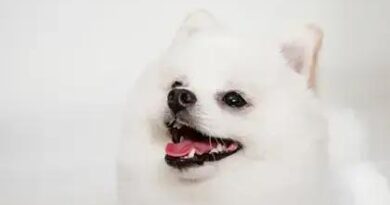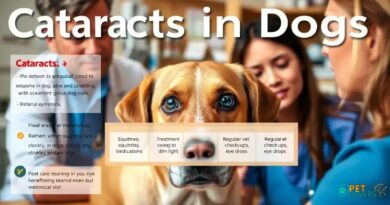What is Núcleo canino
What is Núcleo Canino?
The term Núcleo Canino refers to a specialized concept within the canine community that emphasizes the importance of social structures and interactions among dogs. This concept is crucial for understanding how dogs communicate, form bonds, and establish hierarchies within their groups. By examining the Núcleo Canino, dog owners and trainers can gain insights into the behavioral patterns of their pets, leading to better training and socialization practices.
The Importance of Socialization in Núcleo Canino
Socialization is a key component of the Núcleo Canino. Dogs are inherently social animals, and their ability to interact with other dogs and humans is vital for their emotional and psychological well-being. Proper socialization helps prevent behavioral issues such as aggression and anxiety, making it essential for dog owners to expose their pets to various environments, people, and other animals from an early age.
Understanding Pack Dynamics
Within the Núcleo Canino, understanding pack dynamics is essential. Dogs naturally form packs, and within these groups, they establish roles and hierarchies. Recognizing these dynamics can help owners understand their dog’s behavior better. For instance, a dog that assumes a leadership role may exhibit different behaviors compared to a more submissive dog. This knowledge can be instrumental in training and managing multiple dogs in a household.
Training Techniques Aligned with Núcleo Canino
Training techniques that align with the principles of Núcleo Canino often focus on positive reinforcement and establishing clear communication. Techniques such as clicker training or reward-based training can enhance the bond between the dog and owner while promoting desirable behaviors. Understanding the social context of training can also help owners tailor their approaches to suit their dog’s personality and social needs.
The Role of Play in Núcleo Canino
Play is a fundamental aspect of the Núcleo Canino. It serves as a means for dogs to socialize, exercise, and develop important skills. Engaging in play with other dogs allows them to practice communication and learn boundaries. Owners should facilitate play opportunities in safe environments, ensuring that their dogs can interact with others in a positive and controlled manner.
Health and Well-being in the Context of Núcleo Canino
The health and well-being of dogs are closely linked to their social interactions within the Núcleo Canino. Dogs that are well-socialized and have strong bonds with their human and canine companions tend to exhibit better overall health. Regular interaction and play can reduce stress levels and promote a happier, healthier life for dogs, making it essential for owners to prioritize their pets’ social needs.
Common Misconceptions About Núcleo Canino
There are several misconceptions surrounding the Núcleo Canino. One common myth is that dogs are solitary animals that do not require social interaction. In reality, dogs thrive on companionship and social engagement. Another misconception is that all dogs can be socialized in the same way; however, each dog has a unique personality and may require different approaches to socialization and training.
Creating a Positive Núcleo Canino Environment
To foster a positive Núcleo Canino, owners should create an environment that encourages healthy interactions. This includes providing safe spaces for play, ensuring access to other dogs, and promoting positive experiences during socialization. By being proactive in their dog’s social development, owners can help their pets build confidence and develop strong social skills.
The Future of Núcleo Canino Research
Research on Núcleo Canino is continually evolving, with new studies shedding light on the complexities of canine social behavior. Understanding the nuances of dog interactions can lead to improved training methods and better care practices. As more information becomes available, dog owners and trainers can adapt their approaches to align with the latest findings, ensuring the well-being of their canine companions.




